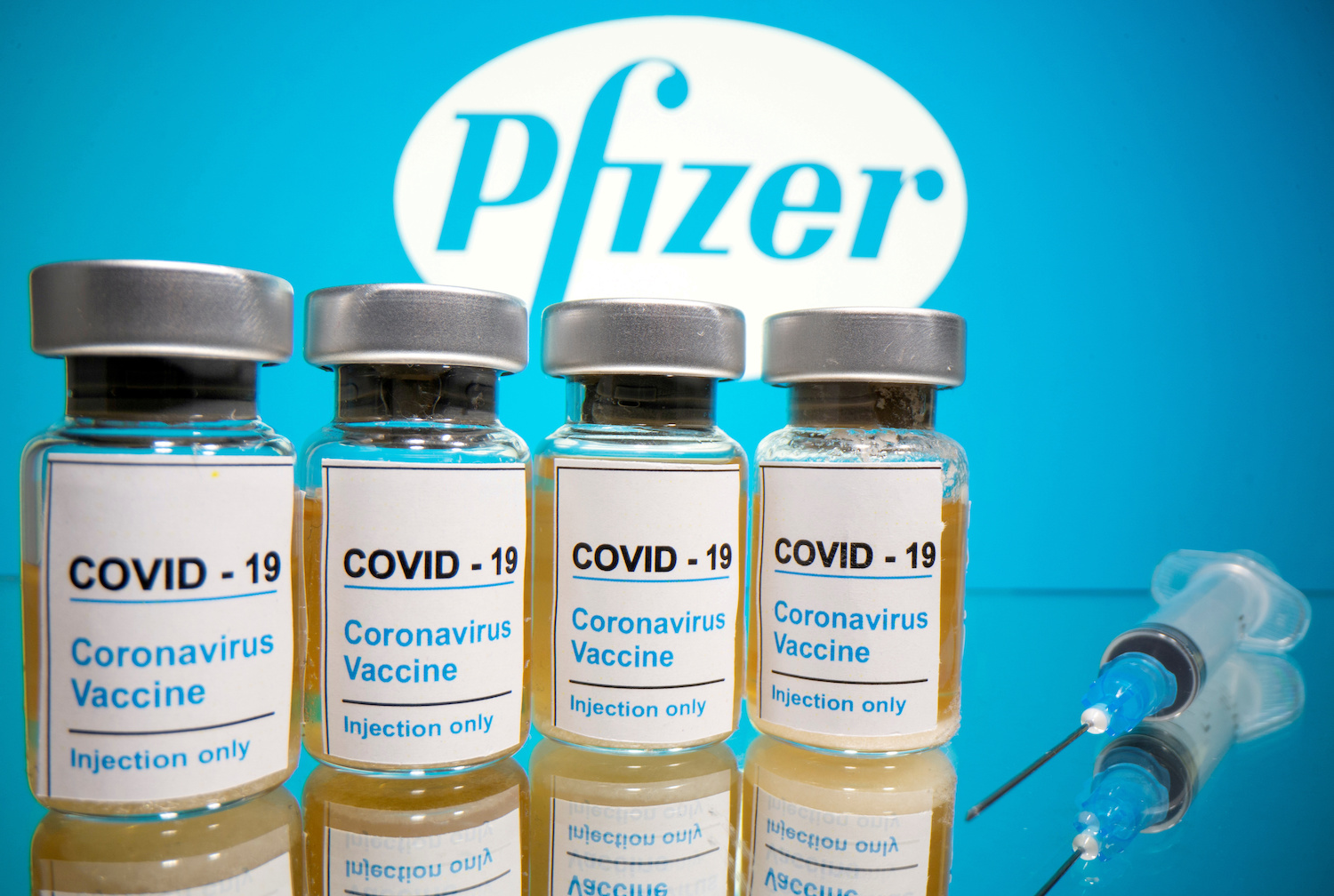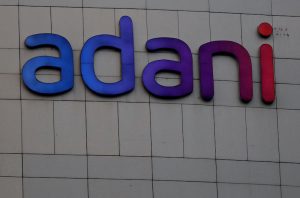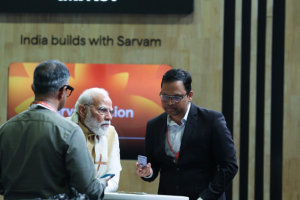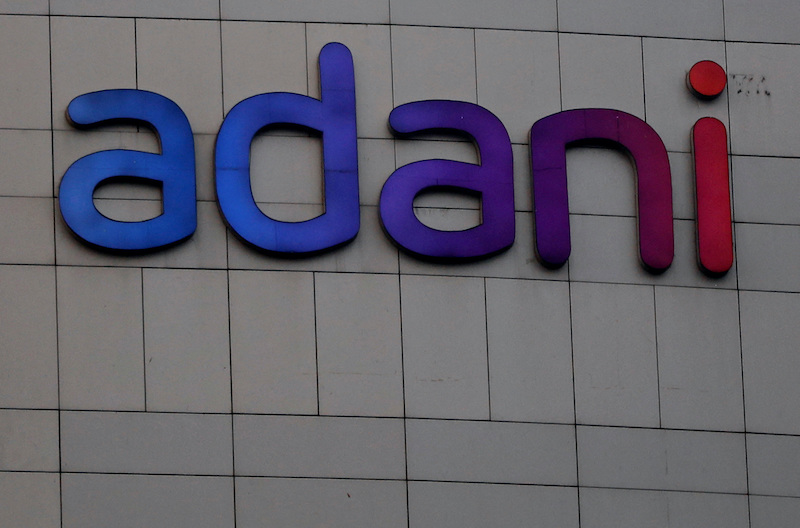(ATF) The UK is likely to become the first country to begin inoculating its population against Covid after British medical regulators approved a treatment Wednesday.
The exploratory drug devised by US pharmaceutical giant Pfizer and German biotech startup BioNTech was given the nod by the UK’s Medicines and Healthcare products Regulatory Agency (MHRA).
The news drew an immediate sigh of relief after a year in which the virus left 1.5 million people dead, shattered the world economy and upended normal life. World leaders regard the distribution of vaccine as the best hope to turn back the destruction of the past 10 months.
Read Related News on ATF
The emergency use approval was granted just three weeks after the makers of the drug said it had an efficacy of 95% and comes a year after the novel coronavirus began making headlines when it emerged in Wuhan, China.
The news sent Pfizer shares higher, but was overshadowed by grim Brexit forecasts on the UK’s FTSE 100 Index. Asian markets were closed when the news broke.
Two other candidate vaccines have also been unveiled; one from American firm Moderna and another by UK-based AstraZeneca in conjunction with Oxford University.
Next week
According to media reports the shots will begin going into people’s arms next week. Under government plans, healthcare workers will be first to receive inoculations followed by those at high risk of becoming very ill with Covid including the elderly and those with pre-exiting health problems.
According to one source, medics will begin receiving their jabs before Christmas and the most vulnerable soon after.
UK Prime Minister Boris Johnson touted the authority’s approval as a global win and a ray of hope.
“It’s fantastic,” Johnson said. “The vaccine will begin to be made available across the UK from next week. It’s the protection of vaccines that will ultimately allow us to reclaim our lives and get the economy moving again.”
The world’s big powers have been racing for a vaccine for months in an attempt to be first to begin the long road to recovery.
China has already given emergency approval for three experimental vaccines and has inoculated around 1 million people since July. Russia has been vaccinating frontline workers after approving its Sputnik V shot in August before it had completed late-stage testing on safety and efficacy.
European delay
But the European Union’s drug regulator said on Wednesday that its longer approval process for COVID-19 vaccines was safer, as it was based on more evidence and checks than the emergency procedure chosen by Britain.
The US drugmaker said Britain’s emergency use authorisation marks a historic moment in the fight against COVID-19. Pfizer announced its vaccine breakthrough on November 9 with stage III clinical trial results.
“This authorisation is a goal we have been working toward since we first declared that science will win, and we applaud the MHRA for their ability to conduct a careful assessment and take timely action to help protect the people of the UK,” said CEO Albert Bourla.
“As we anticipate further authorisations and approvals, we are focused on moving with the same level of urgency to safely supply a high-quality vaccine around the world.”
Britain’s medicines regulator approved the vaccine in record time – partly by doing a “rolling” concurrent analysis of data and the manufacturing process while Pfizer raced to conclude trials.
“With 450 people dying of COVID-19 infection every day in the UK, the benefits of rapid vaccine approval outweigh the potential risks,” said Andrew Hill, senior visiting research fellow in the Department of Pharmacology at the University of Liverpool.
“However, we need new independent clinical trials to monitor long-term safety and efficacy.”
FDA meeting
The US Food and Drug Administration (FDA) is set to meet on December 10 to discuss whether to recommend emergency use authorisation of the Pfizer/BioNTech vaccine and the European Medicines Agency said it could give emergency approval for the shot by December 29.
“The data submitted to regulatory agencies around the world are the result of a scientifically rigorous and highly ethical research and development programme,” said Ugur Sahin, chief executive and co-founder of BioNTech.
US media reported on Tuesday that the White House had summoned FDA head Stephen Hahn to discuss why the US agency hadn’t moved faster to authorise Pfizer’s vaccine.
Britain said it would start vaccinating ordinary people early next week after it gets 800,000 doses from Pfizer’s manufacturing centre in Belgium. The speed of the rollout depends on how fast Pfizer can manufacture and deliver the vaccine.
Johnson said last month that Britain had ordered 40 million doses of the Pfizer vaccine – enough for just under a third of the population as two shots of the jab are needed per person to gain immunity.
Health Secretary Matt Hancock said hospitals were ready to receive the shots and vaccination centres would be set up across the country but he admitted distribution would be a challenge given that the vaccine must be shipped and stored at -70C (-94F), the sort of temperature typical of an Antarctic winter.
Pfizer has said the shots can be kept in thermal shipping boxes for up to 30 days, from up to 15 days previously guided. Afterwards, the vaccine can be kept at fridge temperatures for up to 5 days.
- Additional reporting by Reuters
























